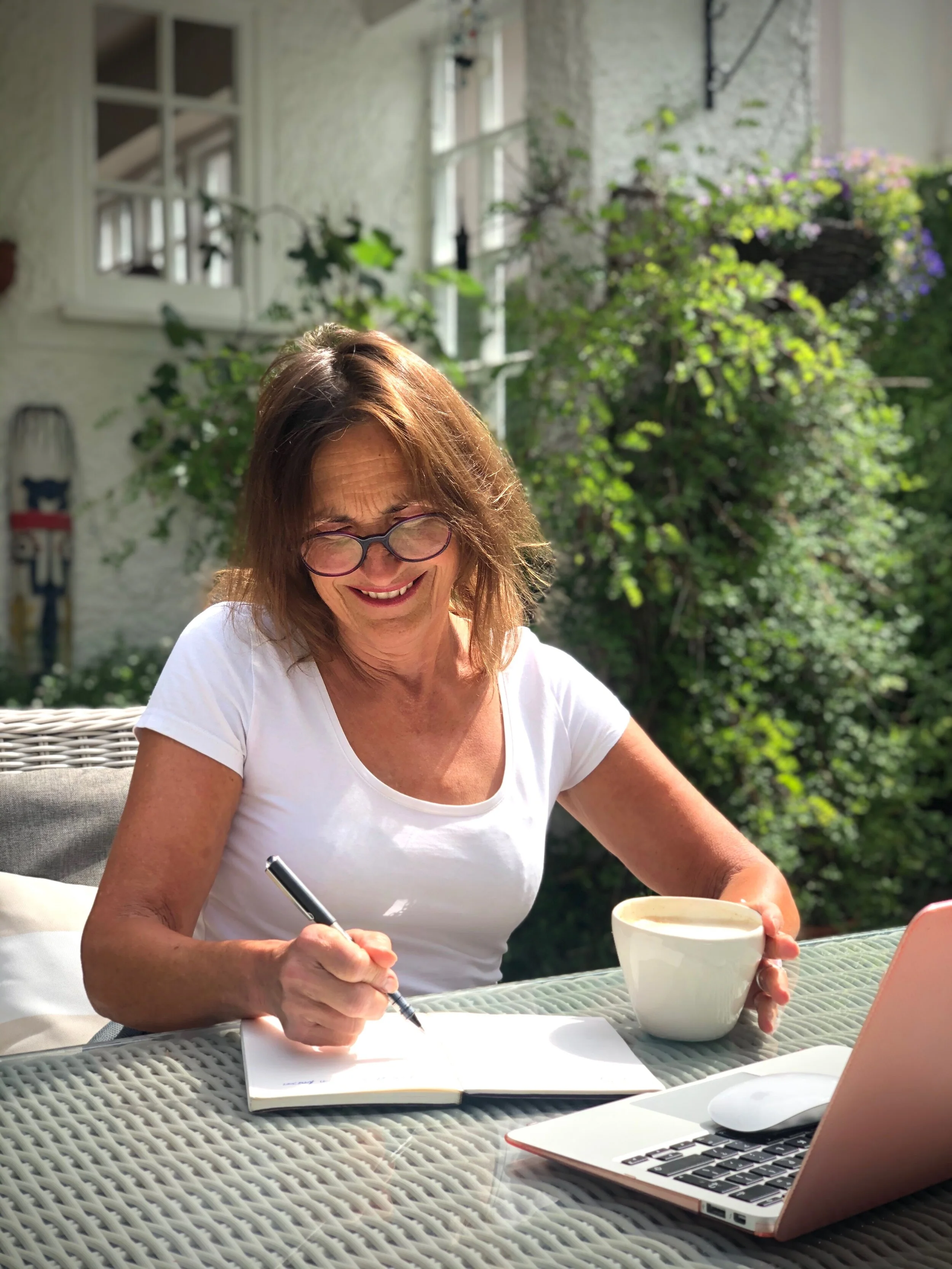Developing a Writing Practice
Writing can be a lonely pasttime. Hours spent at a desk immersed in one’s head; inventing, thinking, watching the pen move across the page or the fingers clicking the keys of a computer. Writing means being alone with your thoughts and ideas. To invent you need space and silence. To have space and silence you need to spend hours watching your characters expand, breathing life into them with each movement of the pen.
Silence is how magic happens but silence needs discipline. Writing means shutting oneself away. Yet writing also means staying alive. Alive to what is happening around you; seeing then inventing onto the page: observing the changes of the skies from purples to greens to blues and all the nuances in between; the smell of food, or flowers, or dirt or dust; the shapes and flaws of people, animals, and objects. It is the texture and curves and flatness we must be alive to; the slapping of water onto a porcelain sink, the swishing of a garment against a tiled floor. For this we need time, lots of it. In a world where we are all juggling jobs, families, children, this is not easy to find.
My aim to find stillness is to do a 25 minute write every day. Introduced to me by the writer and playwright Diane Samuels, it is the only way I have found to commit myself to the act of writing and the means of refining my craft. I set my timer, turn off my phone and wi-fi, and to the sounds of Max Richter’s evocative music I allow myself the space to breath and dream and write. The immersion in this 25 minute ritual allows me access to a deeper part of myself, where I can write from a place of freedom and joy. And the ideas come, tripping over themselves, screaming in their determination to be heard. I receive nuggets. Not all of the words are useable again but sometimes they are. When totally stuck I make an intention to find what I am looking for in my writing minutes. And usually I do. There are times when ideas flow freely and whole passages have found their way into my writing. Yet occasionally it is a means of sitting quietly and purely observing the stream of consciousness.
I have realised that when I don’t devote myself to this practice my entire viewpoint changes. I am unable to sit and concentrate on the work I am currently involved in; I feel irritated and a bit depressed. Some people need a run, a burst of caffeine, a cigarette. I need my writing practice. The practice allows me the freedom to write whatever comes into my head without crossing out or eliminating words. Nothing is crushed or not valued. And the beauty of it are the gens that have been allowed to seed. It is watching them grow in the silence of the process that keeps creativity alive and enables me to shape and polish my craft.
